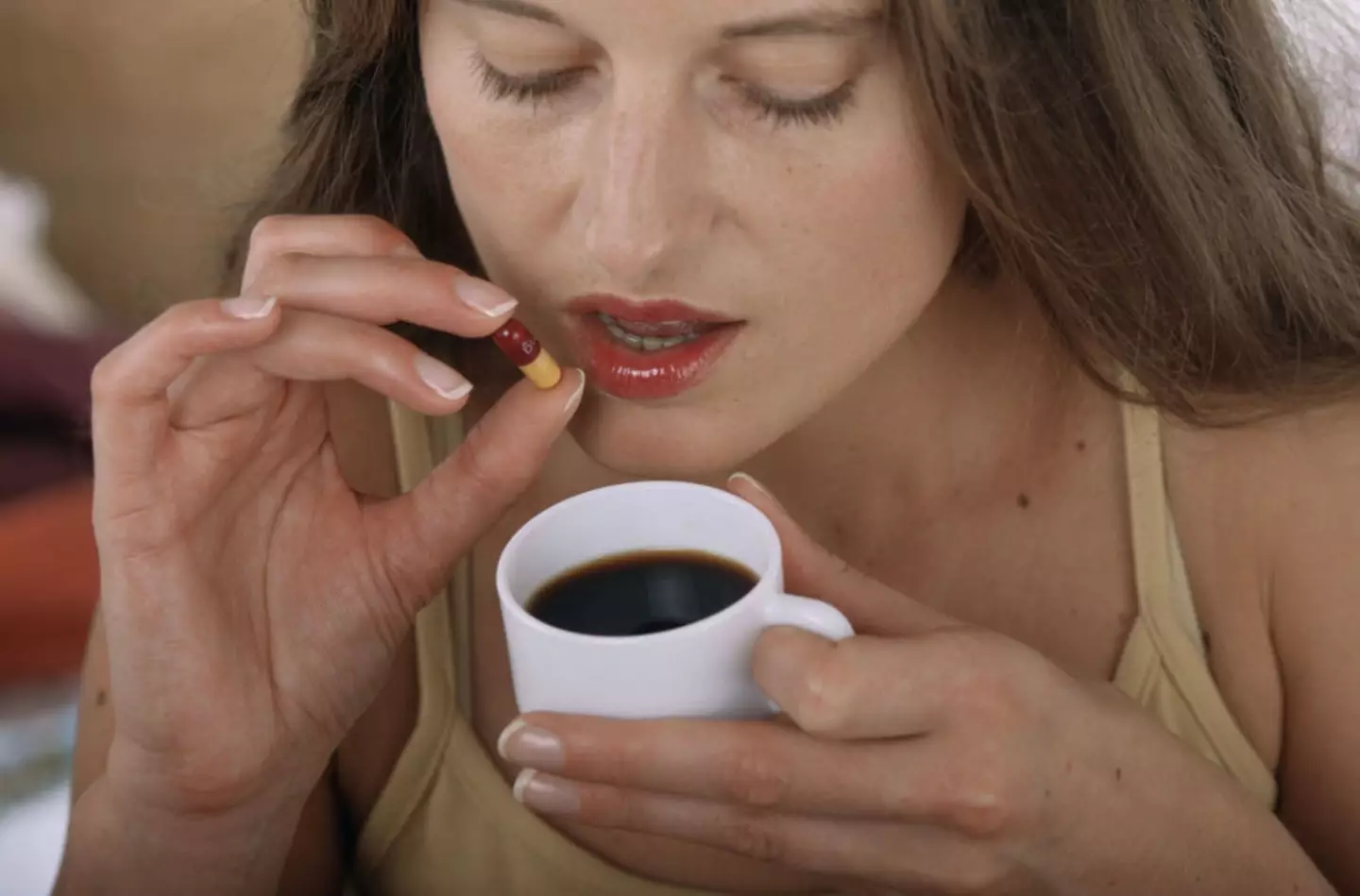
For most of us, mornings don’t officially start until we’ve had that first sip of coffee.
It’s the ritual that fuels our commutes, powers us through meetings and gives life to the phrase “Don’t talk to me until I’ve had my caffeine.”
But what if that daily pick-me-up is doing more than just perking you up?
According to a new lab-based study from the University of Tübingen in Germany, that might not be such a wild thought after all.
Advert
Researchers examined how 94 different substances - from prescription drugs to everyday food ingredients - interact with E. coli, the common gut bacterium.

What they found was eye-opening: caffeine, specifically, may trigger internal defence mechanisms in the bacteria that reduce antibiotics' ability to penetrate and do their job.
"Caffeine triggers a cascade of events starting with the gene regulator Rob and culminating in the change of several transport proteins in E. coli, which in turn leads to a reduced uptake of antibiotics such as ciprofloxacin," explains professor Ana Rita Brochado.

The altered transport in proteins makes it harder for antibiotics like ciprofloxacin and amoxicillin to enter the cells. In lab tests, the presence of caffeine meant up to 40% more amoxicillin was needed to stop bacterial growth.
Now, before you ditch your morning brew out of panic: this study is entirely lab-based. It’s not yet clear how - or if - these findings translate to real-world scenarios in human bodies. As experts caution, the clinical implications remain uncertain, and there’s no evidence that coffee drinkers should stop taking their antibiotics.
.jpg)
Still, the message isn’t doom and gloom - it’s more a call for curiosity. What we eat and drink may subtly affect how well medications work, and caffeine appears to play a role in these hidden interactions.
Researchers emphasise the need for further studies to understand just how significant this could be in everyday medicine.
So if you're on a round of antibiotics and worried about the impact of coffee, it might be worth steering clear of your second latte - at least until science gives us a clearer answer.
Topics: Health
